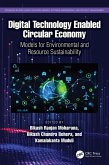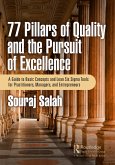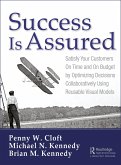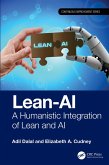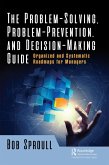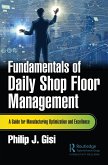Engineering the Circular Economy: Leveraging Fuzzy Logic for Implementation discusses the significance of incorporating fuzzy logic into circular economy strategies. This integration enables the development of adaptive models for resource management, waste reduction, and supply chain optimization. The book showcases various case studies and practical examples to demonstrate the application of fuzzy logic in implementing circular economy principles across diverse industries. Additionally, it addresses the challenges and future directions within a circular economy framework, emphasizing the importance of identifying these challenges and exploring future directions for continuous improvement in sustainability efforts. The potential of combining engineering, fuzzy logic, and the circular economy to address global sustainability challenges is highlighted, showcasing how leveraging fuzzy logic facilitates informed decision-making and the creation of innovative solutions as we work toward a more sustainable future.
With its forward-thinking approach and focus on practical applications, this book is an essential resource for practitioners, researchers, engineers, scholars, and policymakers looking to promote innovation and sustainability in today's rapidly changing economic and environmentally conscious environment.
Dieser Download kann aus rechtlichen Gründen nur mit Rechnungsadresse in A, B, BG, CY, CZ, D, DK, EW, E, FIN, F, GR, HR, H, IRL, I, LT, L, LR, M, NL, PL, P, R, S, SLO, SK ausgeliefert werden.




